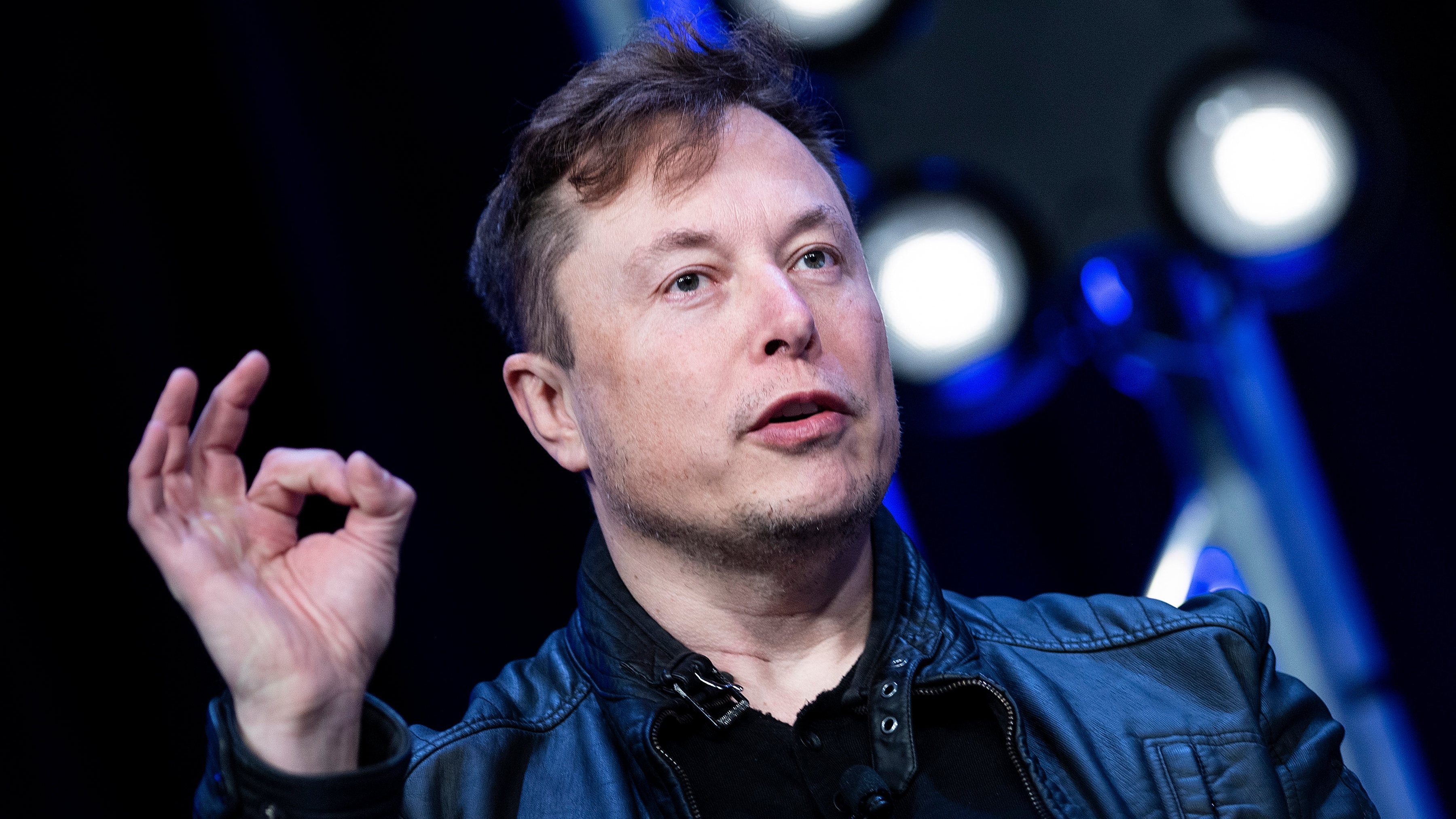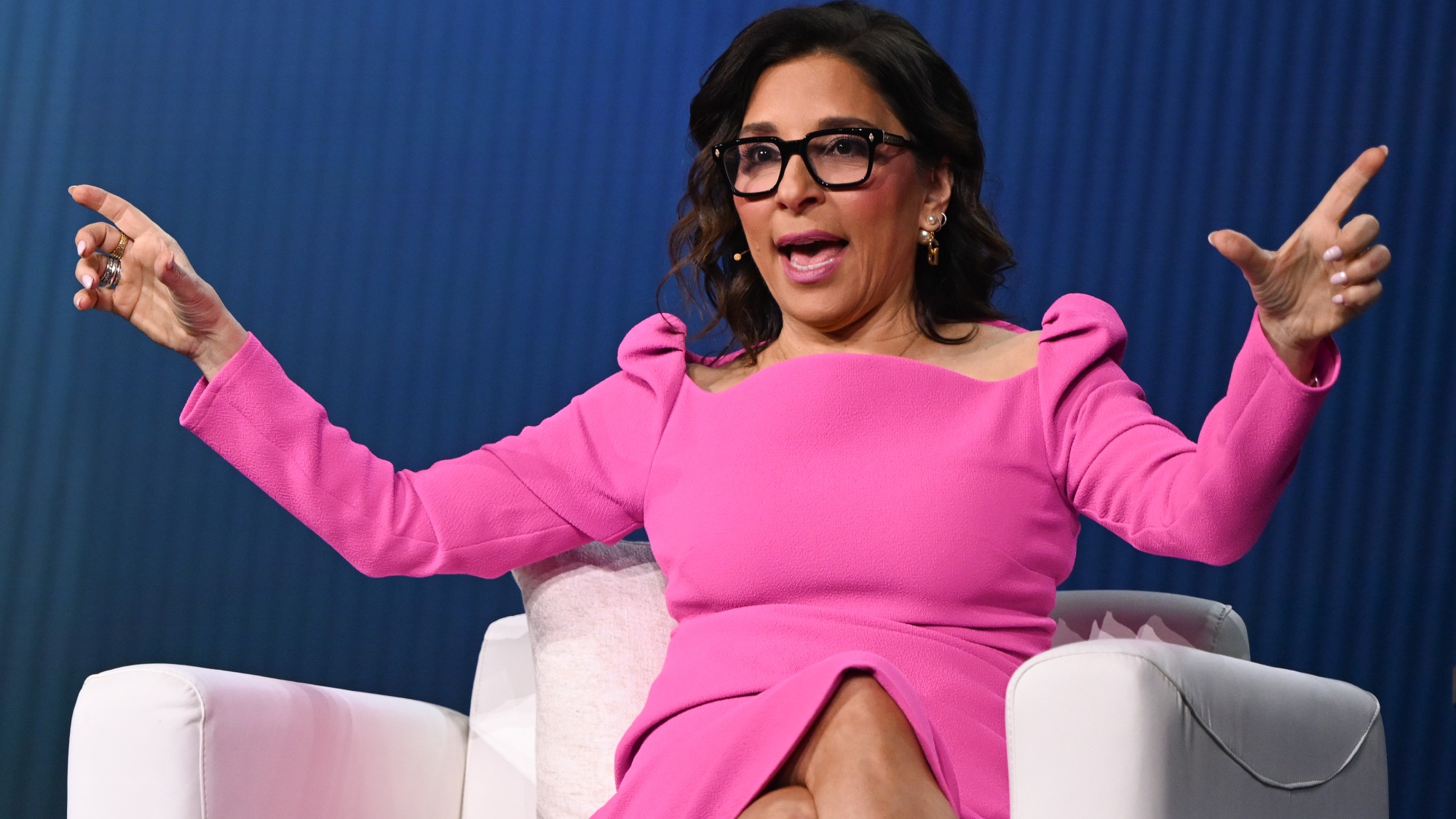Elon Musk, ‘naked’ Hunter Biden and the Twitter files
Release of internal documents by Twitter over claims of collusion with Democrats is dismissed as ‘a dud’

A free daily email with the biggest news stories of the day – and the best features from TheWeek.com
You are now subscribed
Your newsletter sign-up was successful
Elon Musk has released internal documents to a journalist over Twitter’s 2020 decision to suppress a news story about Hunter Biden’s laptop ahead of the US presidential election.
The release of the documents had been “billed as a bombshell”, said The Washington Post. After “rifling through his new company’s internal files”, Musk promised to “expose how Twitter engaged in ‘free speech suppression’ in the critical run up to the 2020 election”, said the paper.
Trailing the announcement on Twitter on Friday evening, Musk tweeted a popcorn emoji and the words: “This will be awesome.” But “by the time the dust settled” on Saturday morning “even some conservatives were grumbling that it was a dud”, said the Post, with Musk’s long awaited “Twitter files” apparently producing “no smoking gun showing that the tech giant had bent to the will of Democrats”.
The Week
Escape your echo chamber. Get the facts behind the news, plus analysis from multiple perspectives.

Sign up for The Week's Free Newsletters
From our morning news briefing to a weekly Good News Newsletter, get the best of The Week delivered directly to your inbox.
From our morning news briefing to a weekly Good News Newsletter, get the best of The Week delivered directly to your inbox.
‘Grappling with fears’
Musk allowed journalist Matt Taibbi to “review internal Twitter communications from October 2020 when it prevented users sharing a New York Post story revealing the contents of a laptop belonging to Hunter Biden [the son of presidential candidate Joe Biden]”, said The Times.
The now president denied involvement in his son’s business activities, but this was allegedly contradicted by some of the messages on the laptop. The story has become a “cause célèbre on the right”, as it went unreported before the election as media outlets were unsure of its veracity, explained the paper.
According to Taibbi, the Biden campaign requested that five tweets from 24 October should be deleted. “Three showed Hunter Biden naked,” said The Times. “Twitter apparently acceded.”
But the “trove” of documents “largely corroborated what was already known about the incident”, said CNN. It showed Twitter employees from its legal, policy and communications teams “debating – and at times disagreeing” over whether the Post article should be restricted under the company’s hacked materials policy, as employees “grappled with fears” the story “could have been the result of a Russian hacking operation”.
A free daily email with the biggest news stories of the day – and the best features from TheWeek.com
According to the screenshots of Twitter’s internal communications over the matter, released to Taibbi, some employees “questioned the basis for the decision” to suppress the Post story “and warned that Twitter would be inviting allegations of anti-conservative bias”, while some senior officials agreed that “the circumstances surrounding the Post story were unclear and recommended caution”, said the paper. The decision by Twitter to ban links to and images of the story was reversed after two days.
The suppressed Post story alleged that emails and files found on a laptop purportedly belonging to Hunter Biden showed how he had tried to arrange a meeting between his father and an executive at a Ukrainian company Hunter Biden worked for – allegations a spokesperson for the Biden family have denied. The files also included “a raunchy, 12-minute video” showing Hunter taking drugs and having sex, said Gizmodo.
Trump calls for suspension of US constitution
In response to the release of the emails, former president Donald Trump revisited some of his favourite debunked claims. He demanded the suspension of the US constitution after what he called “the revelation of MASSIVE & WIDESPREAD FRAUD & DECEPTION in working closely with Big Tech Companies, the DNC, & the Democrat Party” in a post to his social media platform, Truth Social.
The post earned him a sharp rebuke from the White House. “Attacking the Constitution and all it stands for is anathema to the soul of our nation and should be universally condemned,” deputy press secretary Andrew Bates said in a statement.
And Taibbi’s lengthy Twitter thread failed to provide “any direct support for Musk’s suggestions that Democrats conspired with Twitter to block the article”, said Morning Brew, and Taibbi himself concluded: “There’s no evidence – that I’ve seen – of any government involvement in the laptop story.”
New York Times columnist Farhad Manjoo tweeted on Saturday night that it seems the long-awaited “Twitter files”, far from providing evidence of any collusion between Twitter and the Democrats, have instead amounted to “a half dozen screenshots of content moderation policy executives earnestly debating content moderation policy”.
Sorcha Bradley is a writer at The Week and a regular on “The Week Unwrapped” podcast. She worked at The Week magazine for a year and a half before taking up her current role with the digital team, where she mostly covers UK current affairs and politics. Before joining The Week, Sorcha worked at slow-news start-up Tortoise Media. She has also written for Sky News, The Sunday Times, the London Evening Standard and Grazia magazine, among other publications. She has a master’s in newspaper journalism from City, University of London, where she specialised in political journalism.
-
 How the FCC’s ‘equal time’ rule works
How the FCC’s ‘equal time’ rule worksIn the Spotlight The law is at the heart of the Colbert-CBS conflict
-
 What is the endgame in the DHS shutdown?
What is the endgame in the DHS shutdown?Today’s Big Question Democrats want to rein in ICE’s immigration crackdown
-
 ‘Poor time management isn’t just an inconvenience’
‘Poor time management isn’t just an inconvenience’Instant Opinion Opinion, comment and editorials of the day
-
 Are AI bots conspiring against us?
Are AI bots conspiring against us?Talking Point Moltbook, the AI social network where humans are banned, may be the tip of the iceberg
-
 Elon Musk’s pivot from Mars to the moon
Elon Musk’s pivot from Mars to the moonIn the Spotlight SpaceX shifts focus with IPO approaching
-
 Moltbook: the AI social media platform with no humans allowed
Moltbook: the AI social media platform with no humans allowedThe Explainer From ‘gripes’ about human programmers to creating new religions, the new AI-only network could bring us closer to the point of ‘singularity’
-
 Will regulators put a stop to Grok’s deepfake porn images of real people?
Will regulators put a stop to Grok’s deepfake porn images of real people?Today’s Big Question Users command AI chatbot to undress pictures of women and children
-
 Inside a Black community’s fight against Elon Musk’s supercomputer
Inside a Black community’s fight against Elon Musk’s supercomputerUnder the radar Pollution from Colossal looms over a small Southern town, potentially exacerbating health concerns
-
 X update unveils foreign MAGA boosters
X update unveils foreign MAGA boostersSpeed Read The accounts were located in Russia and Nigeria, among other countries
-
 What's Linda Yaccarino's legacy? And what's next for X?
What's Linda Yaccarino's legacy? And what's next for X?Today's Big Question An 'uncertain future' in the age of TikTok
-
 X CEO Yaccarino quits after two years
X CEO Yaccarino quits after two yearsSpeed Read Elon Musk hired Linda Yaccarino to run X in 2023